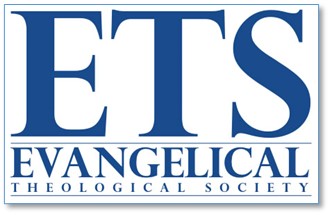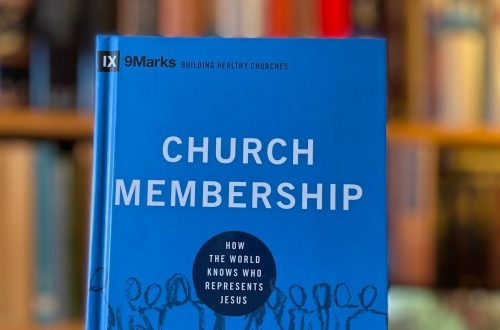 Ross Douthat doesn’t have the religion beat, but he writes with more insight than many reporters who do. He rightly argues that the press has every right to ask how a political candidate’s faith relates to his political agenda. But in doing so, Douthat offers “four points that journalists should always keep in mind when they ask and then write about religious beliefs that they themselves don’t share.” Here they are:
Ross Douthat doesn’t have the religion beat, but he writes with more insight than many reporters who do. He rightly argues that the press has every right to ask how a political candidate’s faith relates to his political agenda. But in doing so, Douthat offers “four points that journalists should always keep in mind when they ask and then write about religious beliefs that they themselves don’t share.” Here they are:
1. Conservative Christianity is a large and complicated world.
It’s easy to succumb to a paranoid six-degrees-of-separation game, in which the most radical figure in a particular community is always the most important one, or the most extreme passage in a particular writer’s work always defines his real-world influence.
2. Journalists should avoid double standards.
If you didn’t spend the Jeremiah Wright controversy searching works of black liberation theology for inflammatory evidence of what Obama “really” believed, you probably shouldn’t obsess over the supposed links between Rick Perry and R. J. Rushdoony, the Christian Reconstructionist guru.
3. Journalists should resist the temptation to apply the language of conspiracy.
Republican politicians are often accused of using religious “code words” and “dog whistles,” for instance, when all they’re doing is employing the everyday language of an America that’s more biblically literate than the national press corps. Likewise, what often gets described as religious-right “infiltration” of government usually just amounts to conservative Christians’ using the normal mechanisms of democratic politics to oust politicians whom they disagree with, or to fight back against laws that they don’t like.
4. Journalists should remember that Republican politicians have usually been far more adept at mobilizing their religious constituents than those constituents have been at claiming any sort of political “dominion.”
George W. Bush rallied evangelical voters in 2004 with his support for the Federal Marriage Amendment, and then dropped the gay marriage issue almost completely in his second term. Perry knows how to stroke the egos of Texas preachers, but he was listening to pharmaceutical lobbyists, not religious conservatives, when he signed an executive order mandating S.T.D. vaccinations for Texas teenagers.
This is a great read. The whole thing is here.




3 Comments
Christianes
” . . . First Things, a journal for academically pedigreed Christian conservatives,
published an oddly skeptical antimanifesto titled “Theocracy! Theoc-
racy! Theocracy!” in which a young journalist, Ross Douthat, eyes
rolling, dismisses the fears of the “antitheocrat” Left by propping up
Rushdoony as a fringe lunatic only to knock him down along with the
liberal critiques that focus on his angriest notions. (Douthat was evi-
dently unaware of First Things’s lengthy tribute to Rushdoony upon
his death in 2001.) ”
this excerpt from Jeff Sharlet’s ‘The Family’ shows that Ross Douthat, as a young journalist, had already begun to write about theocracy’s influence dismissively.
Sharlet assumes Douthat’s knowledge at that time, of ‘First Things’ former ‘lengthy tribute’ to Rushdoony earlier, when Rushdoony died.
seems that Douthat is still advocating that it is VERY important to ‘downgrade’ any suggestion of theocratic influence among Republican hopefuls
Christianes
correction: Sharlet assumes that Douthat was NOT aware of the publication’s former ‘lengthy tribute’ to Rushdoony at that time
Barry Applewhite
Kudos to Denny for posting Douthat’s Op-Ed piece today. I enjoyed it a second time.
Douthat amused me when he spoke about Republican presidential contenders being “more biblically literate than the national press corps.” That is not a high bar!
Douthat’s fourth point is particularly poignant. Republican presidential candidates court the evangelical right with great passion, but the marriage is generally disappointing and free of romance. 🙂
-Barry